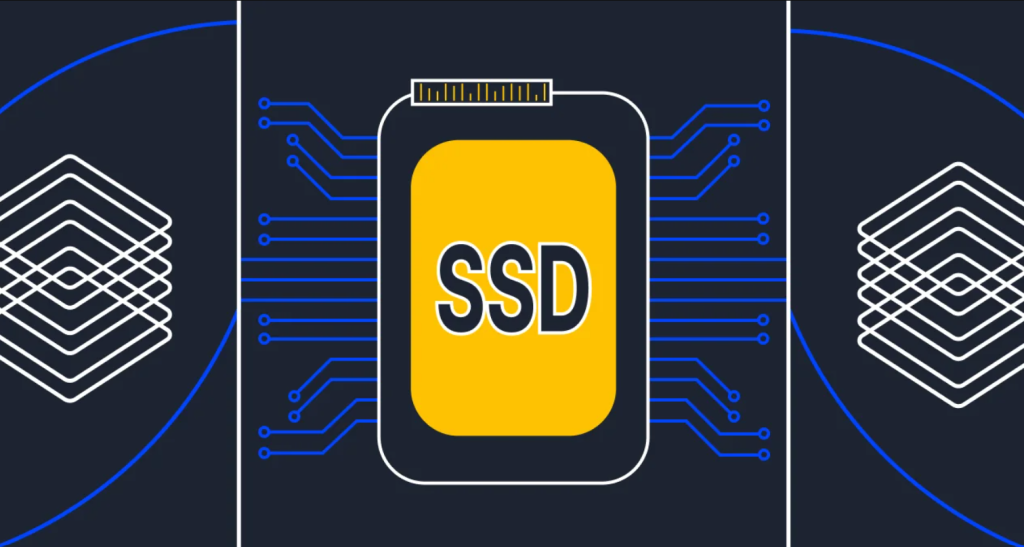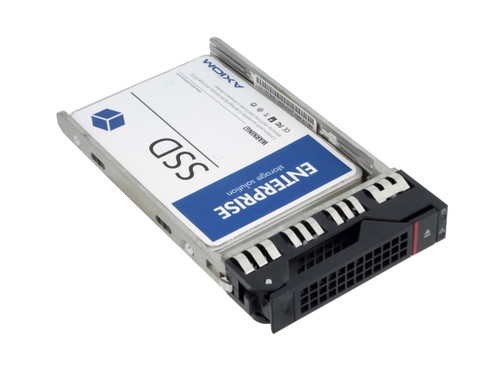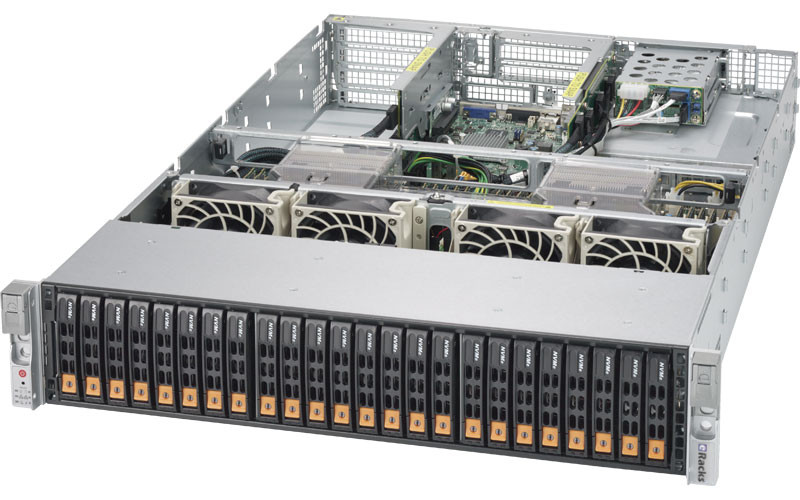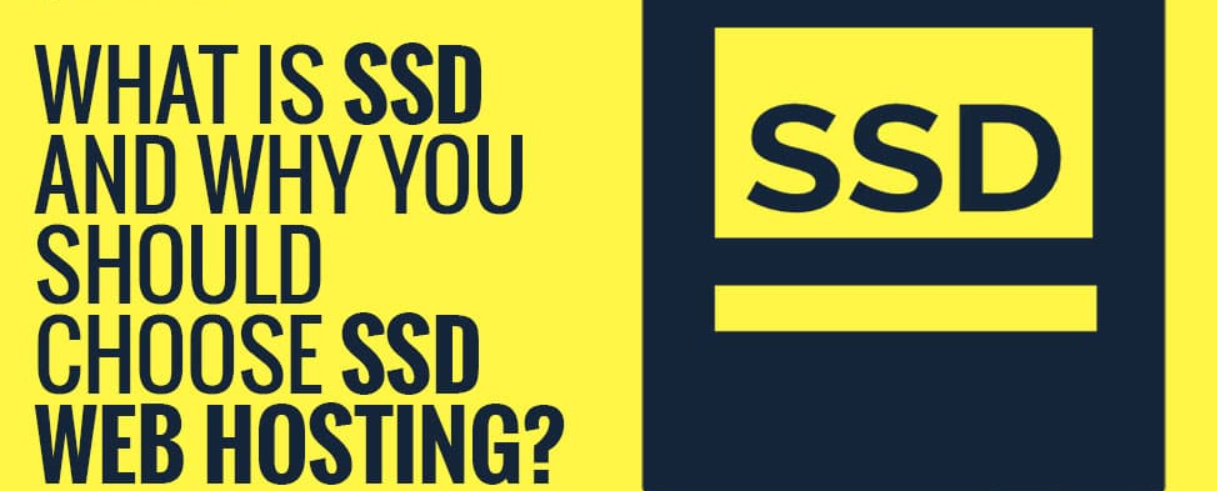In the dynamic realm of web hosting, speed is paramount. Visitors to your website expect instantaneous responses, and any delay can lead to frustration and potential abandonment. This need for speed has driven the evolution of SSD server storage technologies, with Solid State Drives (SSDs) emerging as the go-to choice for fast and reliable hosting solutions. In this comprehensive guide, we’ll delve into the intricacies of SSD server storage, exploring its benefits, functionalities, and why it’s the preferred option for modern websites.

Table of Contents
Evolution of SSD server storage
Traditional server storage relied on Hard Disk Drives (HDDs), which utilize spinning disks and mechanical read/write heads to access data. While HDDs have served as the workhorse of storage for decades, they come with inherent limitations. The mechanical components introduce latency, resulting in slower read and write speeds, especially when handling concurrent requests.

As the demand for faster data access intensified, SSDs emerged as a disruptive force in the storage landscape. SSDs leverage flash memory technology, eschewing moving parts in favor of electronic circuits to store and retrieve data. This design offers several advantages over HDDs, including:
- Blazing Speeds: SSDs deliver significantly faster read and write speeds compared to HDDs. This speed advantage translates into quicker website loading times, smoother user experiences, and improved search engine rankings.
- Enhanced Reliability: Without any moving parts, SSDs are less prone to mechanical failure, making them more reliable for continuous operation. This inherent durability reduces the risk of data loss and ensures consistent performance over time.
- Lower Power Consumption: SSDs consume less power than HDDs since they don’t require electricity to spin disks or move mechanical components. This efficiency not only reduces operational costs but also minimizes environmental impact.
- Noiseless Operation: The absence of moving parts in SSDs results in silent operation, eliminating the whirring noise associated with spinning HDDs. This feature is particularly advantageous in environments where noise pollution is a concern, such as data centers or office settings.
The Role of SSDs in Web Hosting
In the realm of web hosting, speed is a critical factor that directly impacts user engagement, conversion rates, and search engine rankings. Slow-loading websites frustrate visitors and deter them from exploring further, leading to higher bounce rates and diminished online visibility. To address these challenges, hosting providers have increasingly adopted SSD technology to power their servers.

1. Improved Website Performance
SSDs accelerate website performance by reducing data access times and minimizing latency. When a visitor requests a web page hosted on an SSD server storage, the server can swiftly retrieve and deliver the necessary files, resulting in near-instantaneous page load times. This snappy responsiveness enhances user experience and encourages prolonged engagement with the website.
2. Enhanced Search Engine Optimization (SEO)
Search engines, notably Google, consider website speed as a ranking factor in their algorithms. Websites that load quickly are more likely to rank higher in search engine results pages (SERPs) compared to their slower counterparts. By hosting your website on SSD servers, you can improve its loading speed and bolster its SEO performance, leading to better visibility and increased organic traffic.

3. Scalability and Flexibility
It offer scalability and flexibility, allowing hosting providers to effortlessly accommodate growing website traffic and resource demands. With SSD-based hosting solutions, you can easily scale your server resources, such as CPU, RAM, and storage, to match your evolving requirements. This scalability ensures optimal performance even during traffic spikes and peak usage periods, mitigating the risk of downtime or performance degradation.
4. Data Security and Integrity
In addition to speed and performance benefits, SSD server storage enhance data security and integrity. The robust architecture of SSDs minimizes the risk of data corruption and ensures the integrity of stored information. Advanced error correction mechanisms and wear-leveling algorithms further safeguard data against potential threats, providing peace of mind to website owners and users alike.
Conclusion
SSD server storage represents a paradigm shift in the world of web hosting, offering unparalleled speed, reliability, and efficiency. By harnessing the power of SSD technology, hosting providers can deliver lightning-fast performance, elevate user experiences, and gain a competitive edge in the market. Whether you’re launching a personal blog, an e-commerce storefront, or a corporate website, choosing SSD-based hosting can significantly enhance your online presence and propel your digital success.
In the relentless pursuit of speed and performance, SSD server storage stands as a beacon of innovation, ushering in a new era of fast and responsive web hosting solutions. Embrace the speed, embrace the future—choose SSD hosting for a seamless online experience.


